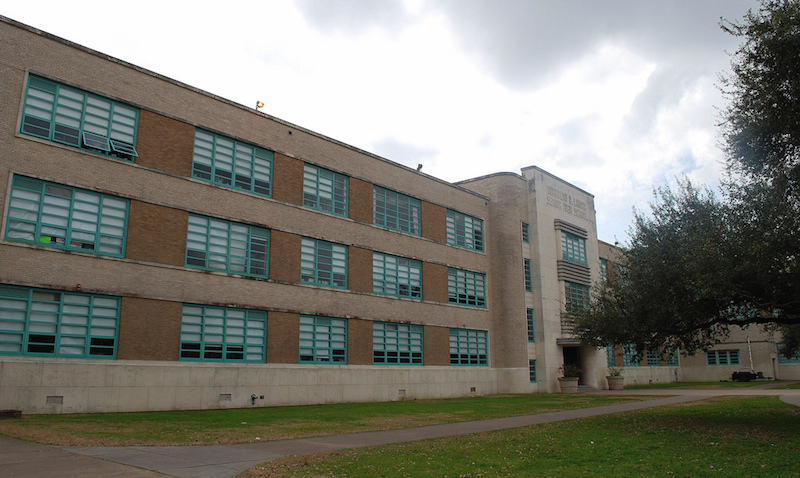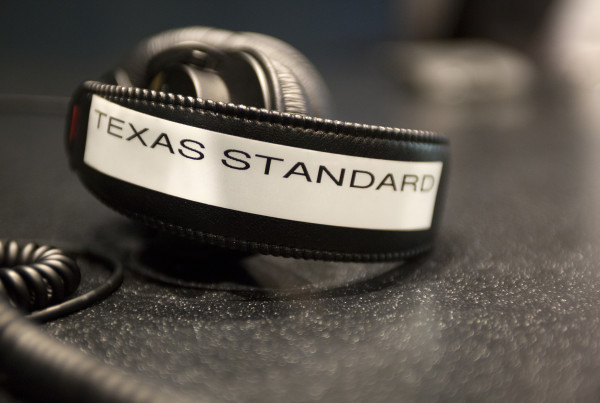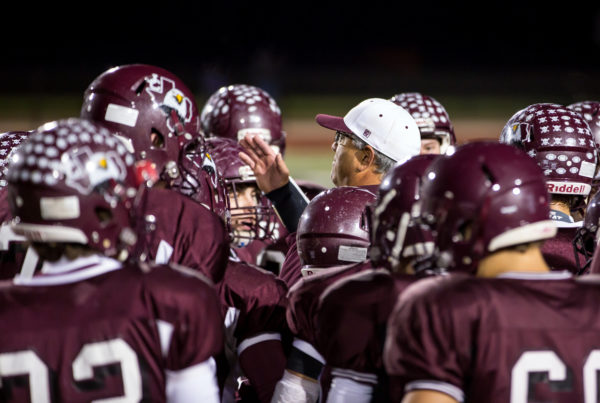The Standard’s news roundup gives you a quick hit of interesting, sometimes irreverent, and breaking news stories from all over the state.
Sprint announced Monday that it’s donating 14,000 mobile hot spots and free Wi-Fi service to students in Houston.
One of those students is high school senior, Jesse Martinez. At a press conference, he said hasn’t had reliable internet access for most of his childhood.
“Years later, now I’m 18 now, so I started working and I’m working to get money to help my family to hopefully get some internet. Sprint has facilitated this by providing some hotspots to make it easier…so I’m really grateful – thank you,” said Martinez.
Jon Branam, the executive director of Sprintks “The 1Million Project” says he’s heard stories like this often as he’s traveled the country. Branam explains the goal of this multi-year initiative is to bridge the homework gap. Kids’ homework increasingly requires them to use the web – but about five million families in the United States don’t have reliable internet access at home.
“There’s no turning back from the demands that high schools are placing on their students and it’s really critical that our kids have the opportunities to research and study and work hard, so they can compete in the global economy,” says Branam. “And it’s almost impossible to do that in today’s day and age, if you don’t have that reliable home internet connectivity.”
Branam says Sprint is donating 190,000 devices like mobile hot spots, tablets, and smart phones, throughout the country this year.
The company reached out to the Houston Independent School District after Hurricane Harvey to offer help, and HISD wanted to be a part of this initiative. Dr. Sergio Lira, an HISD school board trustee, says we often take having internet at home for granted but for students it’s critical to have access to complete school assignments. And that’s something that is especially challenging for families still recovering from Harvey.
“Students that were affected the hardest and hit the hardest by Harvey are struggling just to recover and some are not in their homes and if they’re in their homes,” says Dr. Lira. “The recovery process takes a long time, so therefore, it’s so important for them to have that internet access.”
Sprint is also donating several thousand devices to other schools throughout Texas including ones in cities such as Austin, Laredo and Irving.
Despite pledges of transparency, the Texas Education Agency (TEA) is not holding public hearings on its proposed plan to improve special education services. But it is offering an online survey that’s open to anyone.
The agency is collecting feedback on its special education corrective action draft plan, which is supposed to address the state’s failure to provide an appropriate education to thousands of children with disabilities. A 2016 Houston Chronicle Investigation revealed that unelected state officials placed a cap on the percentage of students with disabilities Texas public schools could serve.
TEA spokesperson DeEtta Culbertson told Texas Public Radio only invited guests will be able to attend the agency’s in-person stakeholder meetings.
“Because these are meetings directly with parents and students, we need to consider student privacy. And again, we are taking public comments. Anyone is welcome to take our survey or submit their comments in writing to the Texas SPED email address,” said Culbertson. The survey is available online here through February 18 for the initial round of public comments.
















